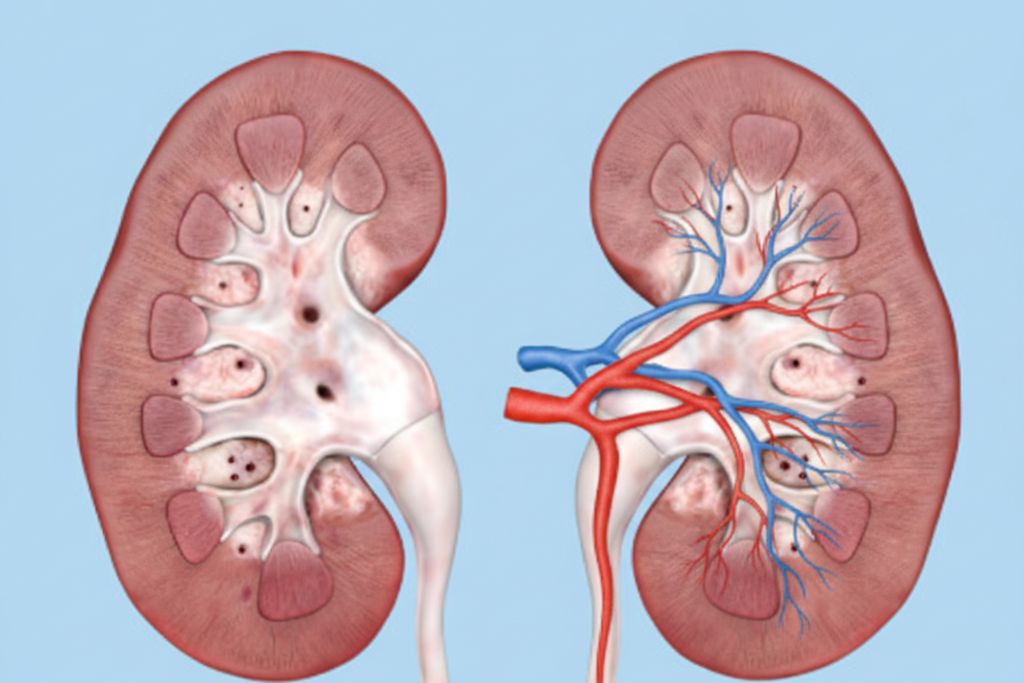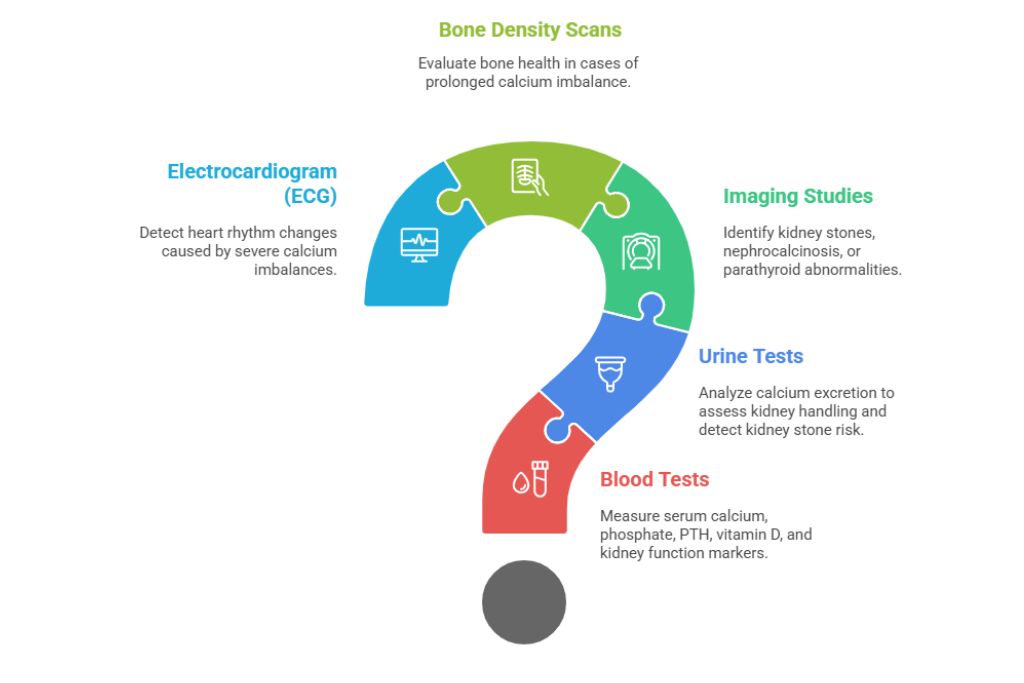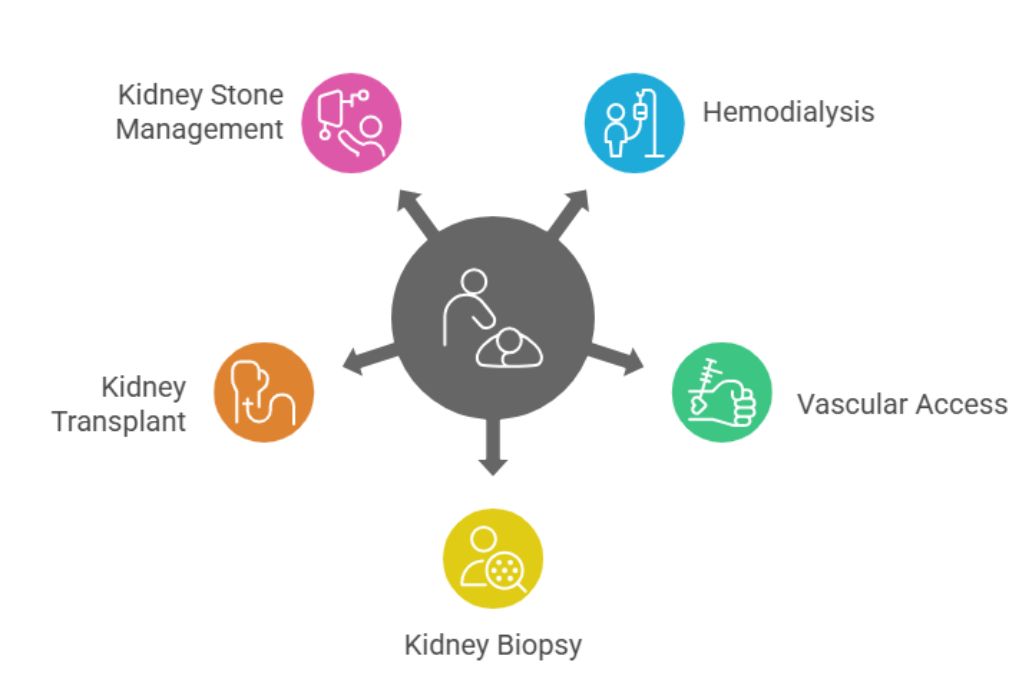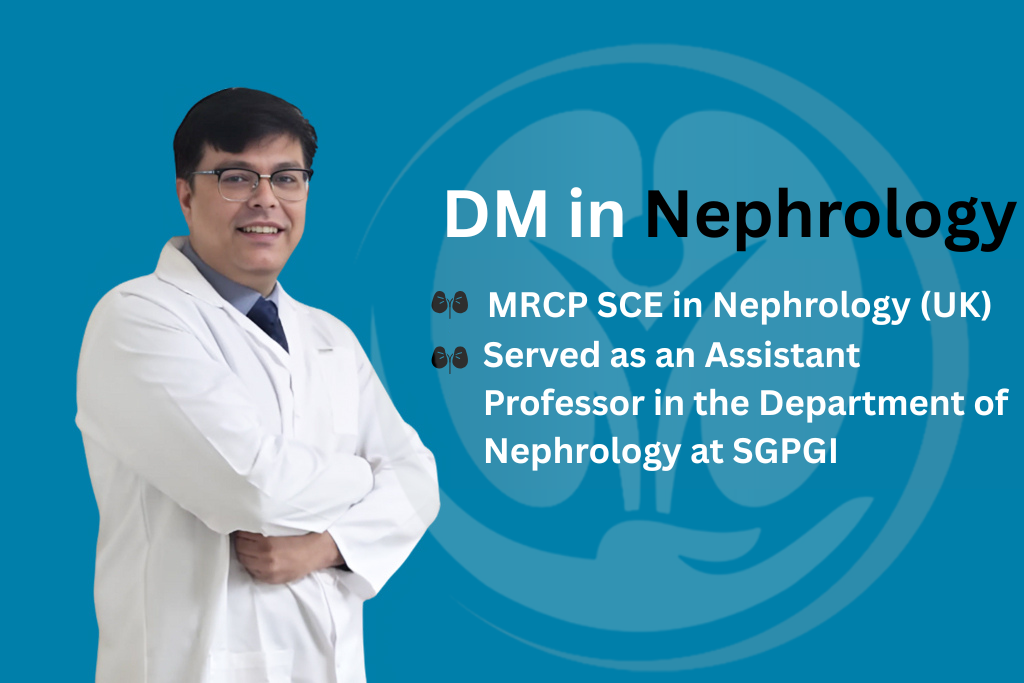What are Calcium Disorders?
Calcium disorders, which involve abnormal levels of calcium in the blood, can significantly impact
overall health, particularly kidney function. Proper management by a skilled nephrologist is essential
to prevent complications and improve quality of life. As a leading provider of calcium disorder
treatment in Gorakhpur, Dr. Arpit Srivastava offers comprehensive, patient-centered care to diagnose,
treat, and prevent calcium-related conditions. He provides complete support for patients, including
understanding their types, causes, effects on kidney health, symptoms, diagnosis, treatment options,
advanced services, and preventive measures. With a focus on compassionate and expert kidney care,
patients across Purvanchal trust Dr. Srivastava for effective management of calcium disorders.
Calcium disorders happen when blood calcium is too high (hypercalcemia) or too low (hypocalcemia),
affecting
bones, muscles, nerves, and kidneys.
+91-7054357996





.jpg)
.png)



